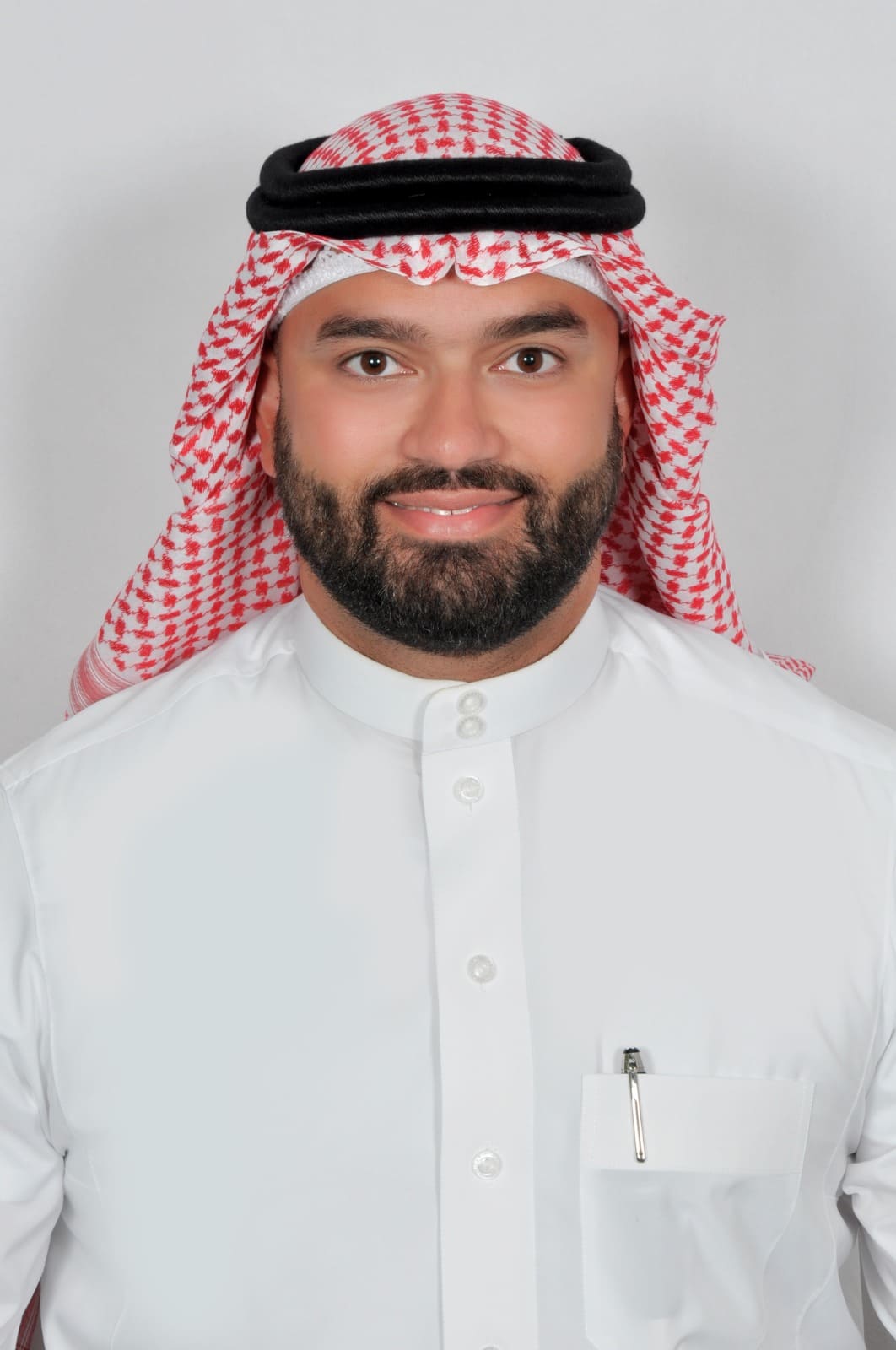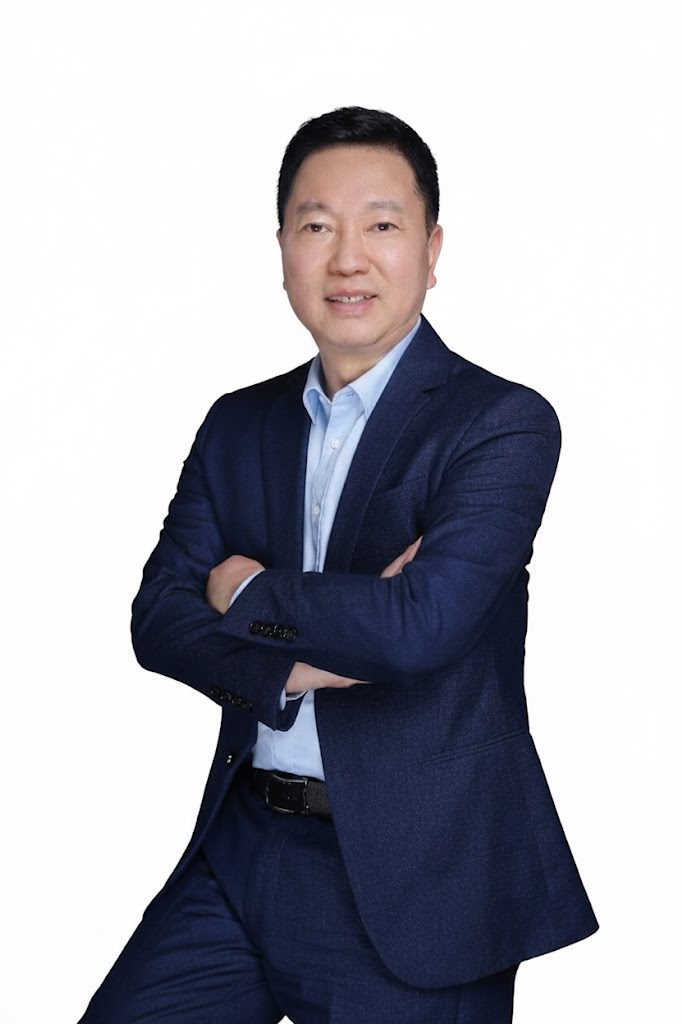Digital Media, Strategic Communication, and Soft Power in the Gulf: Public Diplomacy in a Transforming Region
The Gulf Cooperation Council (GCC) states are undergoing rapid transformation under ambitious national visions that prioritize economic diversification, cultural diplomacy, and global engagement. With the region preparing to host future global events including Expo 2030 and the 2034 World Cup, digital platforms have become central to shaping long-term soft-power strategies. Central to these efforts is the strategic use of digital communicatio ...
Abstract
The Gulf Cooperation Council (GCC) states are undergoing rapid transformation under ambitious national visions that prioritize economic diversification, cultural diplomacy, and global engagement. With the region preparing to host future global events including Expo 2030 and the 2034 World Cup, digital platforms have become central to shaping long-term soft-power strategies. Central to these efforts is the strategic use of digital communication as a tool of soft power and public diplomacy. With some of the world’s highest rates of social media usage, the Gulf has become a global laboratory for digital influence where governments, corporations, and individuals employ media platforms and influencers to shape international perceptions. This workshop explores how Gulf states deploy digital communication to project narratives of modernity, innovation, and cooperation across diverse domains including tourism, sports, culture, humanitarian initiatives, and climate diplomacy.By situating the Gulf within broader debates on soft power and digital diplomacy, the workshop will advance theoretical and empirical understanding of how digital ecosystems—from influencers to algorithms—mediate global perceptions of the region. It will bring together scholars from communication, marketing, international relations, and Gulf studies to analyze case studies of successful campaigns, as well as the risks posed by misinformation, reputational crises, and dependence on global platforms. The workshop welcomes comparative, cross-national, and multidisciplinary contributions that illuminate the Gulf’s role in shaping narratives across Africa, Europe, and Asia. Ultimately, it seeks to provide both academic insights and policy-relevant recommendations on how digital communication can enhance the Gulf’s soft power and global standing.
Description and Rationale
Context
The study of soft power and public diplomacy has traditionally focused on states’ cultural institutions, foreign policy instruments, and international broadcasting. However, the digital revolution has radically reshaped these practices, with social media platforms, influencers, and algorithmic communication becoming central to how nations are perceived globally. Scholars such as Nye have emphasized the importance of attraction and persuasion in foreign relations, but the Gulf states present a distinctive case: they are among the most digitally connected societies in the world while simultaneously pursuing ambitious national transformation agendas. This unique convergence makes the Gulf a critical site for examining how digital communication redefines soft power.
GCC countries consistently rank among the highest globally in per-capita social media use, with platforms like X, Instagram, TikTok, and YouTube central to daily life. This widespread adoption has created fertile ground for state-led campaigns, corporate branding, and influencer-driven narratives that extend far beyond entertainment. From Expo 2020 Dubai and Riyadh Season to Qatar’s hosting of the FIFA World Cup 2022, Gulf initiatives have leveraged digital platforms to promote tourism, attract investment, and enhance their global image. Looking ahead, the Gulf is preparing for major global events that will further elevate the region’s soft-power profile. Saudi Arabia’s successful bid to host Expo 2030 and the FIFA World Cup in 2034, along with the UAE’s leadership during COP28, illustrate how digital platforms and influencer ecosystems are integral to shaping international narratives around innovation, sustainability, and cultural diplomacy. These future events offer unique opportunities to analyze emerging forms of digital public diplomacy and the Gulf’s evolving strategies for global engagement. These examples demonstrate how digital communication is not simply a supplement to traditional diplomacy but a primary channel of engagement.
Yet, despite these developments, academic research on the Gulf’s digital diplomacy remains limited. Much of the existing literature on public diplomacy continues to focus on Western or Asian contexts, leaving Gulf practices underexplored. There is a pressing need for comparative and theory-driven studies that integrate the Gulf into broader debates on communication, nation branding, and international relations. Research gaps include how digital platforms amplify Gulf humanitarian aid, how influencers shape perceptions of Gulf politics and culture, and how global algorithms privilege or constrain Gulf narratives.
Equally important are the challenges that Gulf states face. High visibility on digital platforms exposes the region to reputational risks, from disinformation campaigns to human rights criticisms amplified online. Furthermore, reliance on global technology companies raises questions of digital sovereignty and regulation. Gulf states are increasingly aware that managing these dynamics is critical not only for their image but also for their broader strategic autonomy.
This workshop positions itself at the intersection of media studies, marketing communication, and political science to provide a timely and interdisciplinary platform for addressing these issues. By convening scholars from multiple fields, it will advance understanding of how digital ecosystems intersect with Gulf ambitions for global influence. It will also highlight the Gulf as a contributor—not just a case study—to international debates on the role of digital communication in soft power and public diplomacy.








